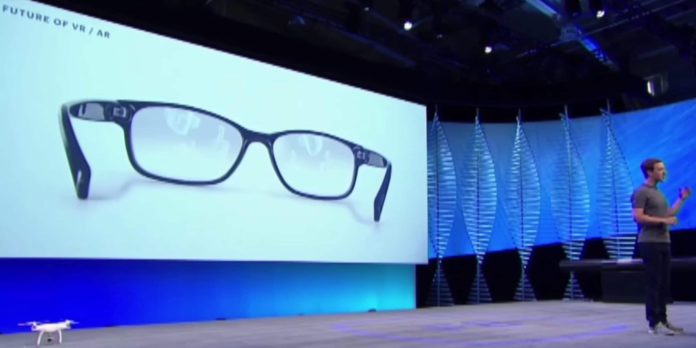Due to the increase in interaction with virtual reality during the COVID-19 pandemic, Facebook is planning to expand its AI-based augmented reality (AR) initiative. The company is aiming to develop easy use, light-weighted, stylish glasses. The glasses will engage us with family and friends safely all around the globe.
Also Visit: Latest Jobs, Interships & Off-Campus drives
The company is also considering the appropriate benefit of 3D glasses that cover the user’s face and make them more real and authentic, they are constantly opposed to needing to constantly glance down at a phone or smartwatch.
As Facebook wants these glasses to be highly ethical and user-friendly, the company is making this device private, secure, easy-to-use, functionally reliable, and comfortable to wear. To maintain ethical development, the Lab has advised a set of principles for responsible development and innovations
The company never wants users to be surprised with how a product functions, they are willing to providing transparent controls that make sense to the users, after considering all potential users who may be impacted, and prioritizing the community’s rights over profit.
For understanding how these glasses work let’s imagine a scenario, visiting one’s favorite cafe. When we enter wearing the glasses in the cafe, the glasses can automatically order the user’s preferred beverage. Additionally, the wearable can help dampen any excess noise from the surrounding environment. Also, the Assistant can access a user’s contact list, so we can make calls without ever opening a laptop or smartphone. Lastly, the glasses can even send reminders for calendar events as well as predict the weather, best travel route based on traffic conditions.
As many previous virtual reality devices have focused on the computer’s perspective, these Augmented glasses mainly focus on daily human activity. By following and noticing the wearer’s routine, the AR AI adds to its lexicon by acting, learning, and sensing based on the everyday actions of a particular user.
Innovatively, through a technological pillar known as ultra-low-friction input, these glasses will aim to anticipate the wearer’s intentions. This function could allow the device to predict the wearer’s movement of a finger, thus help in decreasing the period of time from intention to follow-through of a task. Finally, the AR adopts a trifecta of AI, and personalization in order to contextualize a wearer’s desires and needs based on that person’s individual habits and routine.
For more latest jobs, internships & projects, visit our website regularly and don’t forget to join our social media groups for all the latest updates.








